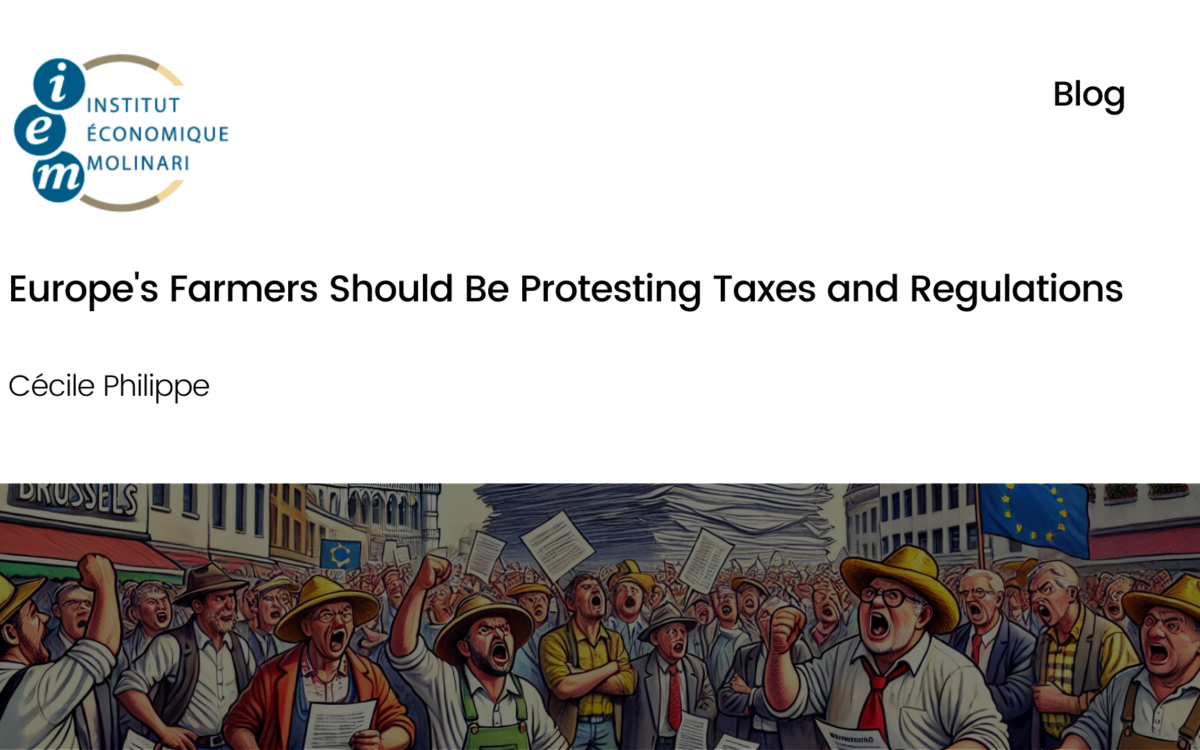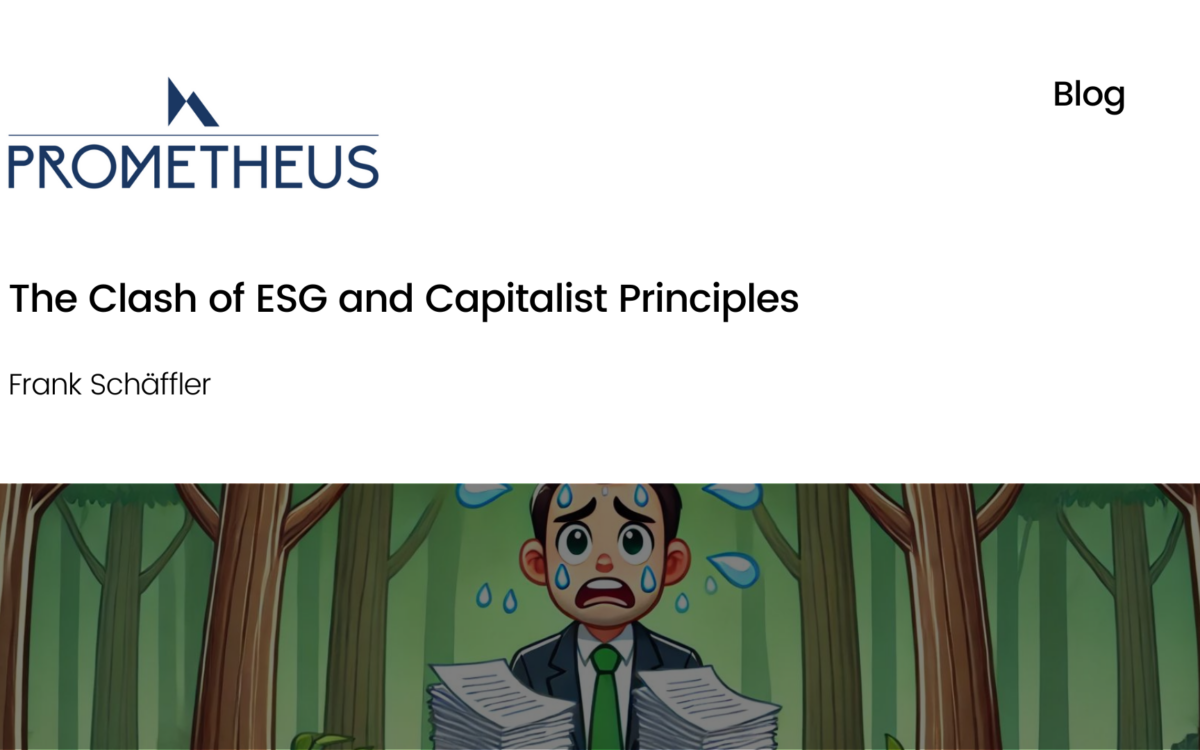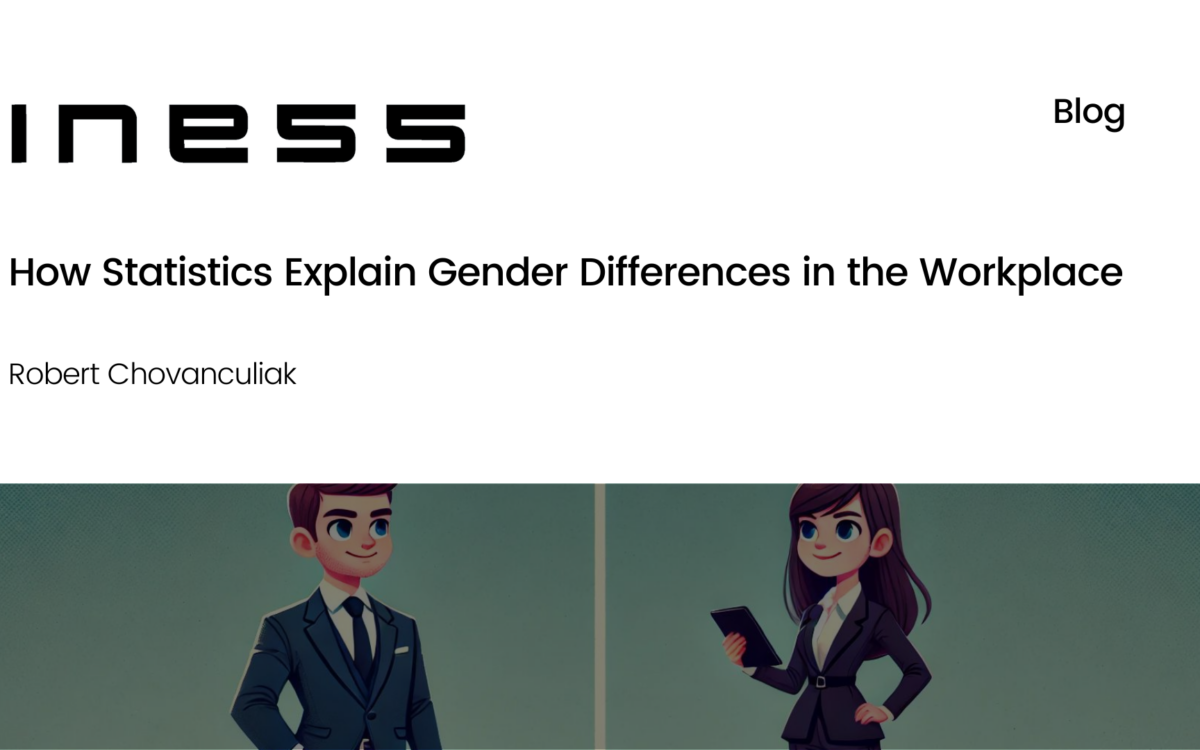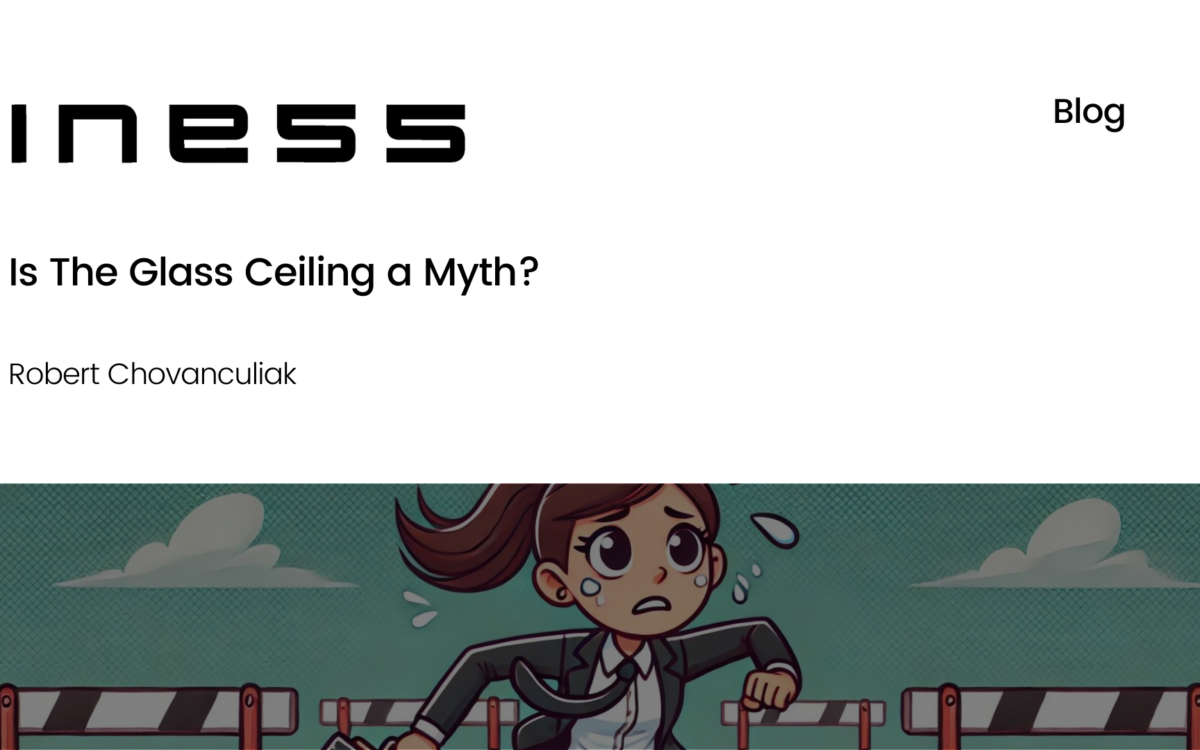The Antidote to Political Polarisation is Less Politics

The Antidote to Political Polarisation is Less Politics
Dr Kristian Niemietz // 8 January 2019
A lot has been written about how social media (or digital media more generally), by creating online echo chambers and filter bubbles, increases political polarisation. On social media, it is easy to create an environment which confirms our pre-existing beliefs, but rarely find those beliefs challenged in an intelligent way. Thus, our beliefs become more entrenched.
Shared narratives that all sides can broadly agree on are lost. This is further exacerbated by the relative anonymity and the fast-paced nature of social media. On the whole, the result is that loose political alliances become moral tribes, which reward loyalty and punish dissent, while political opponents become an enemy tribe.
To what extent this is genuinely novel, and to what extent it is simply a continuation of social trends that existed well before social media, is a matter of debate. But there can be no doubt that Britain is a much more politically polarised country now than it was a few years ago. The two main parties are ideologically much further apart than they have been at any point since, at least, the mid-1990s. Brexit, ironically, has become a much more divisive issue since the Referendum than it had ever been before. Accusations of bad faith and conspiracy theories abound.
There is no shortage of proposals for what could be done to de-toxify our political culture, and to “heal divisions”. But my own take, as a classical liberal, is a slightly different one. I would argue that the most obvious antidote to a dysfunctional, adversarial political culture is just to do less politics.
The features of digital media which get most of the blame for political polarisation are targeted ads, targeted suggestions, and customisable content. For example, if you follow a socialist on Twitter, Twitter will show you a lot of other socialists in the “Who to follow” sidebar. If you watch Jordan Peterson videos on YouTube, YouTube will show you other Jordan Peterson videos. If you buy a book on the looming privatisation of the NHS on Amazon, Amazon’s “Customers who bought this item also bought…” bar will show you plenty of other books on the looming privatisation of the NHS.
None of those platform algorithms will say: “Hey, how about some balance? You just followed a socialist – here’s a libertarian you could follow now. You just watched the clip “Jordan Peterson DISMANTLES Diane Abbott” – how about a Diane Abbott clip now? You already bought three books warning about the imminent privatisation of the NHS this year. Instead of buying a fourth book warning about the imminent privatisation of the NHS – may we suggest this book here, which argues that market-based healthcare isn’t so bad?” The algorithms reflect the behaviour of the average user of the respective medium, and the average user wants their beliefs confirmed, not challenged.
But it is worth remembering that none of those algorithms have been developed specifically for political content. In fact, political content only accounts for a small fraction of their use. It is true across the board that digital platforms cater to your existing preferences. When you follow a craft beer brewery on Twitter, Twitter will show you accounts of other craft beer breweries. When you watch early ‘90s World Wrestling Federation matches on YouTube, YouTube will show you other wrestling matches from around the same period. When you buy a novel involving time travel on Amazon, Amazon will show you other novels involving time travel. And so on.
Is that not also “polarising”? Does it not lead to greater segmentation? Does it not create internally homogenous bubbles that rarely overlap with other bubbles? Does it not lead to a reduction in shared experiences?
Of course it does. At least as much as with political content. It is just that we rarely talk about this, and certainly never lament it, because outside of the political realm, polarisation and bubble-building are not a problem.
In our role as market participants, we don’t have to have much in common, and we don’t have to agree with each other on much. In the marketplace, it’s each to their own. I don’t have to convince you that my taste in beer, music, movies and books is particularly good. I might try, but if you stubbornly reject all my recommendations, and stick to the things you’re familiar with, I won’t be mad at you. Because you’re not taking anything away from me.
The political sphere is the opposite of that. We can all inhabit our own political bubble, each complete with its own narratives and founding myths, its heroes and its villains. But ultimately, only one policy programme can be enacted at a time, and that programme is then binding for everyone – including those who vehemently disagree with it. We cannot just “agree to disagree”. I don’t mind your poor taste in beer, because it does not affect me. The loss is all yours. But I very much do mind your poor political judgement, because if it leads to poor policy decisions, then that very much does affect me. The loss is not all yours. It’s mine too, even if I never asked for it.
The political realm is the realm in which we must find a way to agree with each other, because we cannot simply go our separate ways if we don’t. Therefore, in politics, it is a bad thing if our preferences drift further apart, and if we no longer have much in common with the other side(s). Pluralism and diversity are wonderful in the marketplace, but they are terrible in politics. If you have pluralism and diversity in the marketplace, you get something like Britain’s craft beer revolution. If you have pluralism and diversity in the realm of political ideologies, you get something like the Weimar Republic.
Big Government works best in societies where there is a broad consensus on the important political issues, where people’s political preferences are not too heterogeneous, and where the losing side is willing to accept it if they do not get their way. Ten minutes on social media should be enough to show anyone that Britain is not such a society. A politically diverse society should do less politics than a politically homogenous society.
What does this mean in practice?
Some issues are inherently political, and cannot be depoliticised. We cannot simultaneously have a large defence budget for foreign policy hawks, and a small defence budget for foreign policy doves. There is no way in which 52% of the population can leave the EU, while the other 48% stay in it. But many other issues are political in some countries, but not, or far less so, in others. More accurately, there is a lot of international variation in the degree to which different areas of life are political, mostly because there are varying degrees of state involvement.
We should aim to be at the least political end of the spectrum in a lot more areas. We could, and probably should, try to argue more civilly. But would it not be easier if there was simply less to argue about?
This article was first published on the IEA’s website.
EPICENTER publications and contributions from our member think tanks are designed to promote the discussion of economic issues and the role of markets in solving economic and social problems. As with all EPICENTER publications, the views expressed here are those of the author and not EPICENTER or its member think tanks (which have no corporate view).



